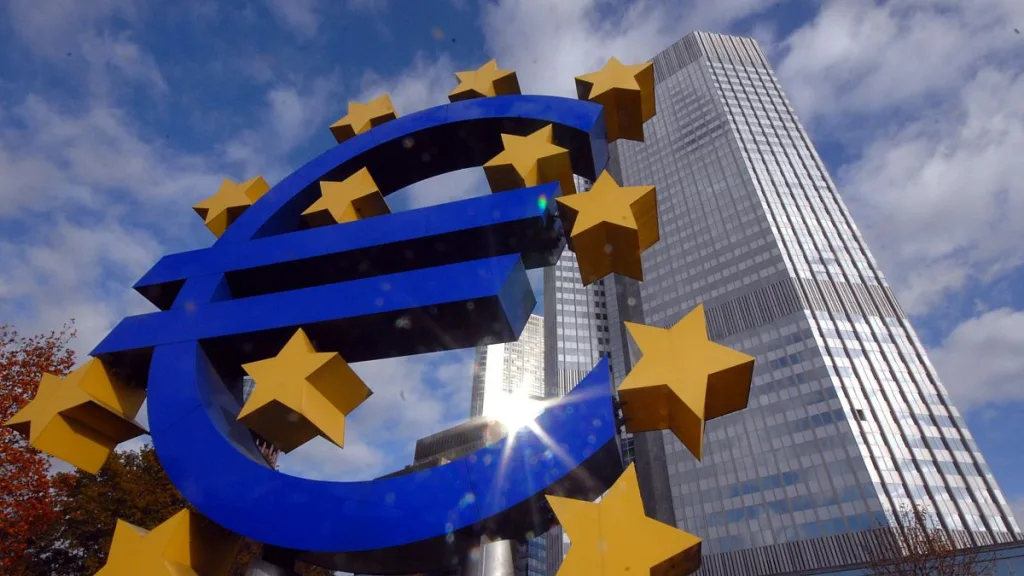The Eurozone’s quarter-on-quarter GDP growth rate saw a modest uptick in the third quarter of the year, driven by increased government and household spending, alongside higher inventory levels.
According to Eurostat, the third estimate for the quarter-on-quarter Eurozone gross domestic product (GDP) growth rate revealed a growth of 0.4% for Q3 2024. This figure met analyst expectations and was a notable improvement from the 0.2% increase recorded in the previous quarter. Notably, this growth marks the most significant rebound observed in the last two years.
This growth surge was spearheaded primarily by a rise in household expenditures, with government spending and inventory accumulation also playing vital roles. However, Eurozone GDP growth was slightly restrained by net trade factors, as imports ticked up by 0.2%, whereas exports experienced a decline of 1.5%.
On a year-on-year basis, Eurozone GDP growth reached 0.9% in the third quarter, aligning with market estimates and showing an increase from the second quarter’s 0.5% growth.
Kyle Chapman, an FX markets analyst at Ballinger Group, commented, “The stronger-than-anticipated growth in Q3 appears to be a key factor influencing policymakers’ consideration for a 25 basis point rate cut instead of a more aggressive 50 basis point reduction. There’s a delicate balance for the European Central Bank (ECB) to navigate between historical data and future projections. Although recent growth data may not seem disastrous, soft Purchasing Managers’ Index (PMI) figures and political uncertainties in Germany and France raise concerns about potential downturns in the upcoming quarters.”
“It’s important to note that the unexpected growth figures were significantly influenced by fluctuations in Irish data, where quarter-on-quarter growth soared by 3.5%.”
Germany Dodges Recession While Spain’s Economy Remains Strong
Focusing on key European economies, Germany’s GDP grew by 0.1%, falling short of the anticipated 0.2% increase. Nevertheless, this performance has allowed Germany to sidestep a recession, despite ongoing challenges such as declining competitiveness, sluggish economic growth, decreasing consumer sentiment, and heightened uncertainty both economically and politically. Factors including rising energy prices and intensified competition from Chinese industries have also played a role in this context.
The Netherlands experienced a contracted economy, decreasing to 0.8% in Q3 2024 from 1.1% in the prior quarter due to diminished export growth, tight labor market conditions, and decreasing labor productivity.
Similarly, Italy’s economy felt the pinch from a decline in net exports during the third quarter, compounded by troubles within its manufacturing sector and waning confidence among businesses and consumers.
In contrast, Spain’s economy exhibited resilience, expanding by 0.8%, consistent with the previous quarter’s growth. This robust performance can largely be attributed to a thriving labor market and strong consumption figures, augmented by continued high levels of tourism. The French economy also showed positive growth, increasing by 0.4%.
Photo credit & article inspired by: Euronews



